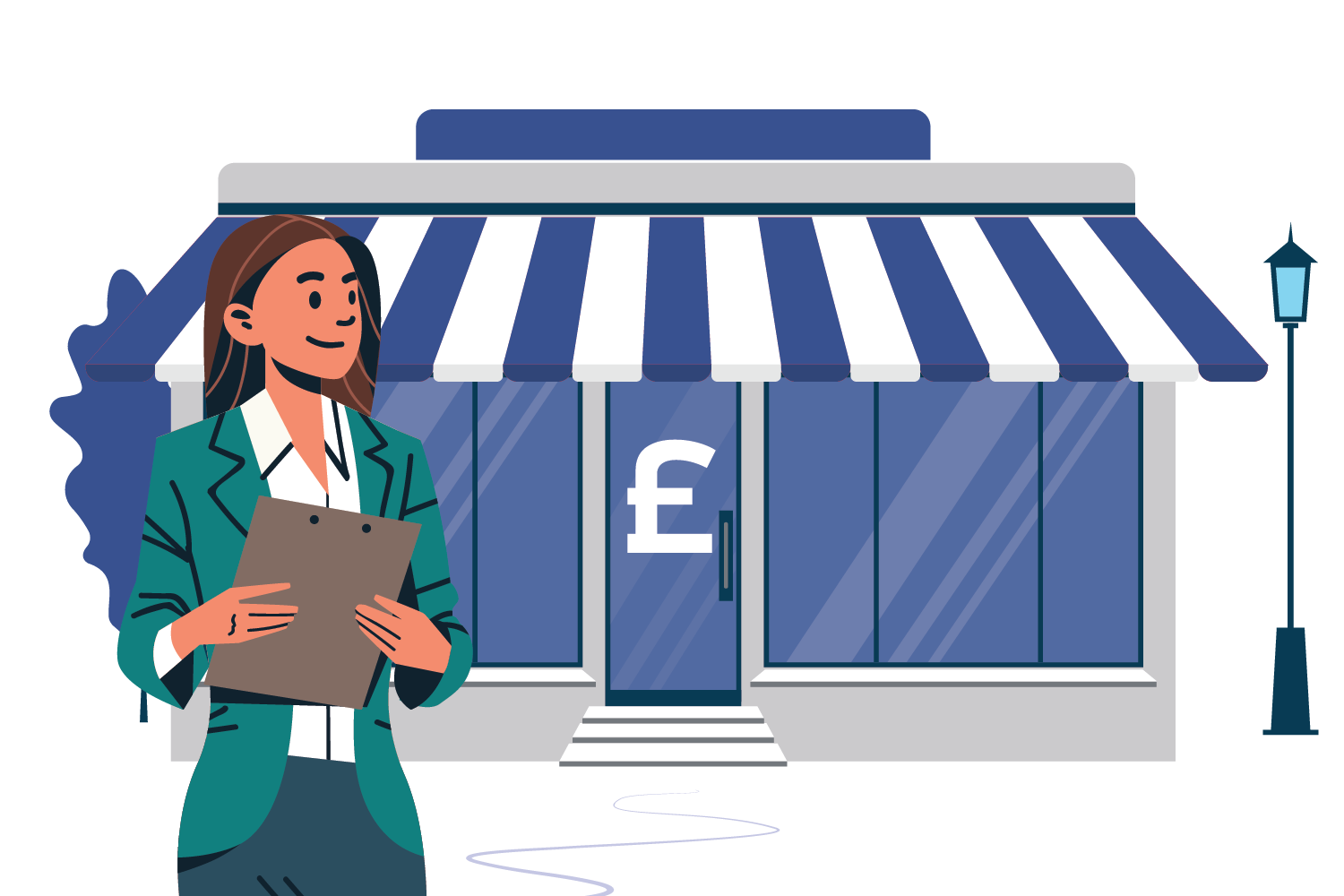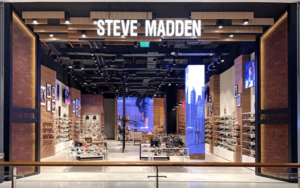
Securing financing to grow a business can take much work, especially for newer ventures or those without significant assets to leverage. However, by utilizing collateral – valuable business or personal assets offered to secure a loan – small business owners can tap into essential funding to take their company to the next level sustainably.
The Benefits of Secured Funding
For many small businesses, getting a business loan secured by collateral assets opens up opportunities that unsecured lending does not. Some of the critical advantages of secured funding include:
Access to Lower Interest Rates
Lenders view secured loans as less risky because they can recoup their investment through liquidating the collateral if needed. That allows them to offer lower interest rates, saving borrowers money over the loan’s lifespan. For instance, secured small business loans often have interest rates of at least 2-3% less than unsecured options.
Bigger Loan Amounts
Since secured funding is less risky for lenders, they are willing to offer higher loan amounts than unsecured loans. That enables growing companies to access enough working capital to take more significant expansion steps. Many secured small business loans range from $50,000 to $5 million.
Longer Repayment Terms
Secured small business loans frequently come with longer repayment terms than unsecured loans, often up to 10 years or longer. The extended timeline gives borrowers more flexibility in managing cash flow and making affordable payments, even on more significant loan amounts.
Easier to Qualify
Qualifying criteria for secured funding tend to focus more heavily on the value of the pledged collateral assets rather than just the business’s finances. If those assets are sufficient to cover the loan, approval odds go up even for newer ventures. The more accessible pathway to financing helps businesses access funding at critical early growth stages.
What Assets Work for Collateral?
A wide variety of business and personal assets can be leveraged as collateral for a loan. Common options include:
Business Equipment
Machinery, vehicles, and other equipment essential for company operations often make for solid collateral. Their liquid asset status and necessity for ongoing operations give lenders confidence.
Accounts Receivable + Inventory
For asset-based loans, pledging a company’s current and future accounts receivable and Inventory can unlock funding. As those assets convert to cash, the loan is repaid.
Commercial Real Estate
Commercial property like office buildings, retail space, warehouses, and production facilities used by the business can be pledged. However, the real estate must have sufficient equity value beyond existing loans.
Residential Real Estate
Sometimes, using a home or other residential property for collateral aid is possible. The personal risk requires thorough consideration, however.
Personal Assets
Some business owners leverage financial assets held personally, like securities, investments, and cash savings accounts, to back loans. Again, the risk to personal finances needs reflection first.
In reality, many secured small business loans utilize multiple owned assets as collateral behind a single loan. That allows the entrepreneur to access more significant amounts without over-leveraging one piece of property.
Partnering with an SBA Lender
Working with a lender participating in the Small Business Administration (SBA) loan programs is an excellent avenue for accessing attractive secured funding options. The SBA does not lend money directly but instead sets guidelines for loans made by their partner lending institutions. Some popular SBA-backed financing options include:
SBA 7(a) Loans
The SBA 7(a) loan program supports loans up to $5 million that can be used for various business purposes, from working capital to equipment purchases. Assets can secure up to 85% of the loan amount.
SBA 504 Loans
SBA 504 loans provide up to $5 million for major fixed asset purchases like real estate or equipment. The unique structure splits the loan between an SBA-guaranteed First Mortgage (50%) and a bank loan (40%) requiring just 10% borrower equity.
SBA Express Loans
SBA Express loans utilize an expedited approval process for those needing a faster turnaround to access up to $500,000. Like SBA 7(a) options, 85% of the loan can be secured by providing excellent terms.
Across all SBA loans, working with a lender enrolled in these programs comes with big perks like low down payments, longer repayment terms, and reasonable fixed-rate interest. Business owners should connect with an SBA specialist at their lending institution to understand which option best aligns with their needs and qualifications.
Securing Future Success
Secured business financing allows entrepreneurs to unlock the necessary funding to take their venture to the next level without over-extending personal finances. Business owners can put together an attractive and affordable loan package by thoroughly researching options, assessing assets to leverage, and finding the right lending partner. With substantial collateral backing up the obligation, both the borrower and lender can feel confident in the transaction despite a measured amount of risk – putting the business on solid footing for a more sustainable and prosperous future.
For any small business owner exploring financing opportunities, get a free quote to understand potential loan amounts, rates, terms, and the optimal collateral strategy to move forward confidently. With available assets on your side and the right lending partner, secured funding can provide stability and cash flow to continue growing on your terms. The time is now to leverage your assets strategically, shore up capital resources, and propel your entrepreneurial venture to scale new heights sustainably for years.






